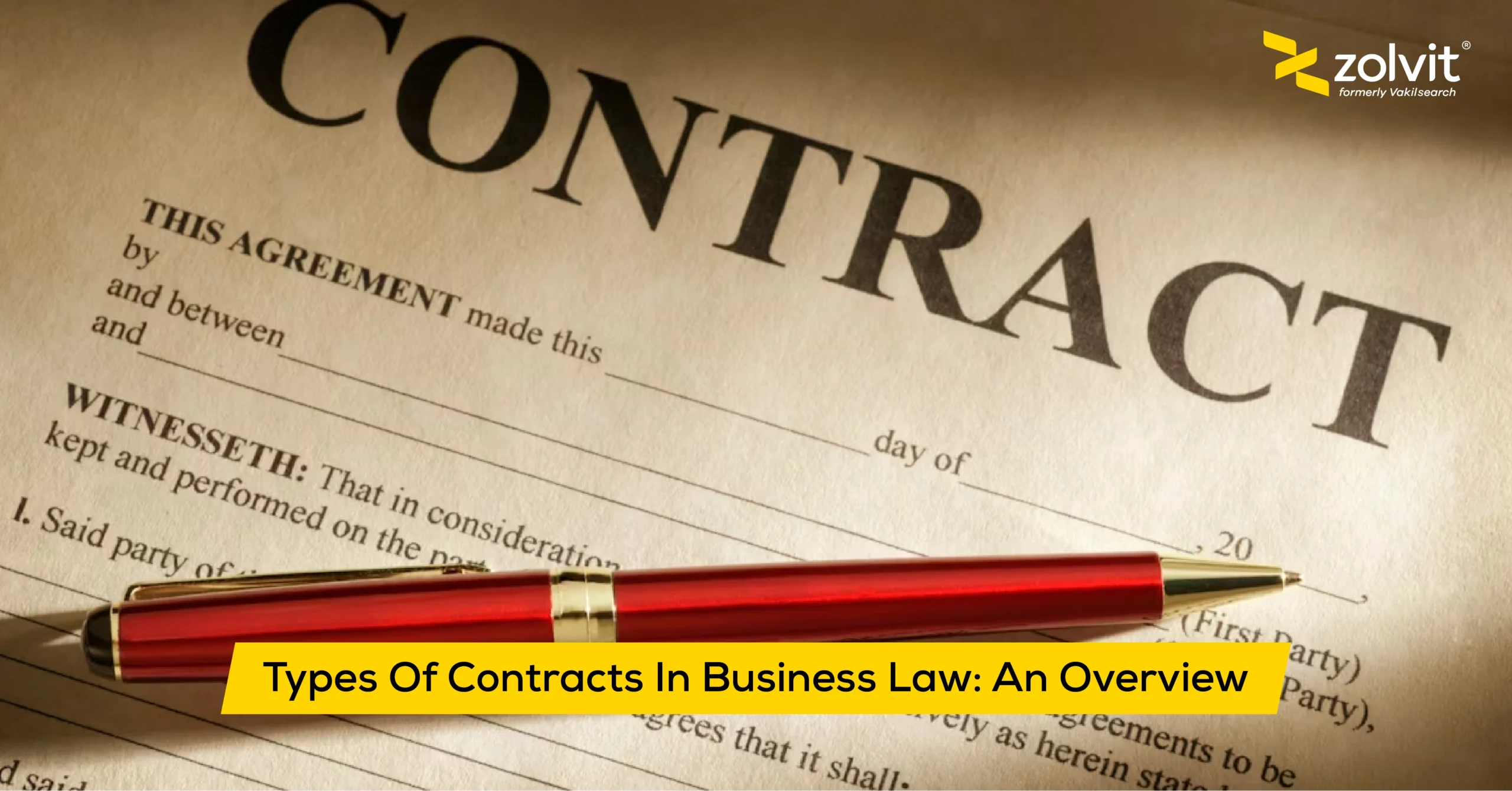There are many fraud and white-collar crimes, such as embezzlement, money laundering, insider trading, bribery, and tax evasion. Here are 14 types of frauds related to white collar crimes:
Bribery
It is the act of offering, giving, receiving, or soliciting something of value to influence the actions of a public official or another person in a position of authority.
- Case: Corruption occurs when public officials are bribed to make decisions in favor of their bribers.
Insider Trading
Selling stocks or other securities based on nonpublic, material information gives the insider an unfair advantage.
- Cases: Employees or executives mishandle confidential information in high-profile insider trading cases.
Money laundering
Illegally obtained money is passed through a complex bank transfer or commercial transaction to appear legitimate.
- Case: Punjab National Bank swindled millions through fraudulent transactions.
Embezzlement
It's when someone with authority or trust misuses funds or property entrusted to them.
- Cases
1. The Satyam Scandal: This scandal arose when the company's founder embezzled funds and manipulated accounts to create a false impression of the company's financial position.
2. Misappropriation of Assets: This involves diverting company assets for personal use, which is embezzlement.
Counterfeiting
A fake copy of money, goods, or documents meant to trick or deceive.
- Cases: Fake currency and counterfeit branded products are examples of counterfeiting.
Cybercrime
Computer and network crimes like hacking, phishing, identity theft, and malware spread.
- Identity Theft: Taking someone else's personal information and using it to earn money.
Blackmail and Extortion
Making someone pay or do something by threatening to reveal damaging information about them.
- Cases: Threats of releasing sensitive information often coerce victims into complying.
Espionage
Spying on a government, organization, or competitor for strategic advantage usually involves gaining confidential information.
- Corporate Espionage: Companies espionage each other for trade secrets or proprietary info.
Ponzi Scheme
This is a scam where earlier investors get paid from newer investors' money rather than profit.
- Notable Case: The Saradha Group Financial Scandal was a massive Ponzi scheme that defrauded thousands of investors.
Fraud
Deception for financial or personal gain, including securities fraud, investment scams, and tax evasion.
- Cases:
1. Ketan Parekh Securities Scam: Stock market manipulation scheme that defrauds investors.
2. Securities Fraud: A misrepresentation or omission of information about securities that hurts investors.
3. Investment Scams: Scams that promise high returns with little risk, often resulting in big losses.
Tax Evasion
People or companies that owe taxes but don't pay them, often because they falsely report or conceal their income.
- Notable Instances: Sometimes involves underreporting income, inflating deductions, or hiding money in offshore accounts.
Corporate Crimes
A company or its agents commit criminal acts, usually involving bribery, fraud, and environmental crimes.
- Cases
1. The 2G Spectrum Case: Government and corporate corruption over 2G spectrum licenses at below-market prices.
2. Satyam Scandal: An example of corporate fraud where financial statements were manipulated.
Ad Hoc Crimes
An impromptu crime is committed without premeditation, usually to take advantage of a situation.
- Examples: Opportunistic Frauds and embezzlements that do not follow a systematic pattern.







